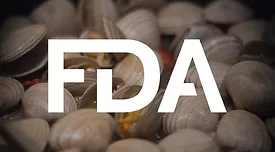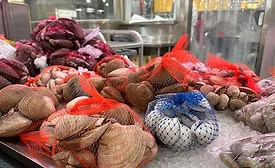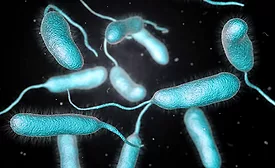Home » Keywords: » shellfish
Items Tagged with 'shellfish'
ARTICLES
Guiding Principles of Shellfish Safety
The harvest, holding, transport, and sale of shellfish are tightly regulated in the U.S. to reduce the risk of foodborne illness to consumers
April 10, 2023
Marine Biotoxin Control for Molluscan Shellfish
It is critical to ensure the appropriate control of marine biotoxins to prevent contaminated product from reaching consumers
February 16, 2022
Never miss the latest news and trends driving the food safety industry
Newsletters | Website | eMagazine
JOIN TODAY!Copyright ©2026. All Rights Reserved BNP Media.
Design, CMS, Hosting & Web Development :: ePublishing








